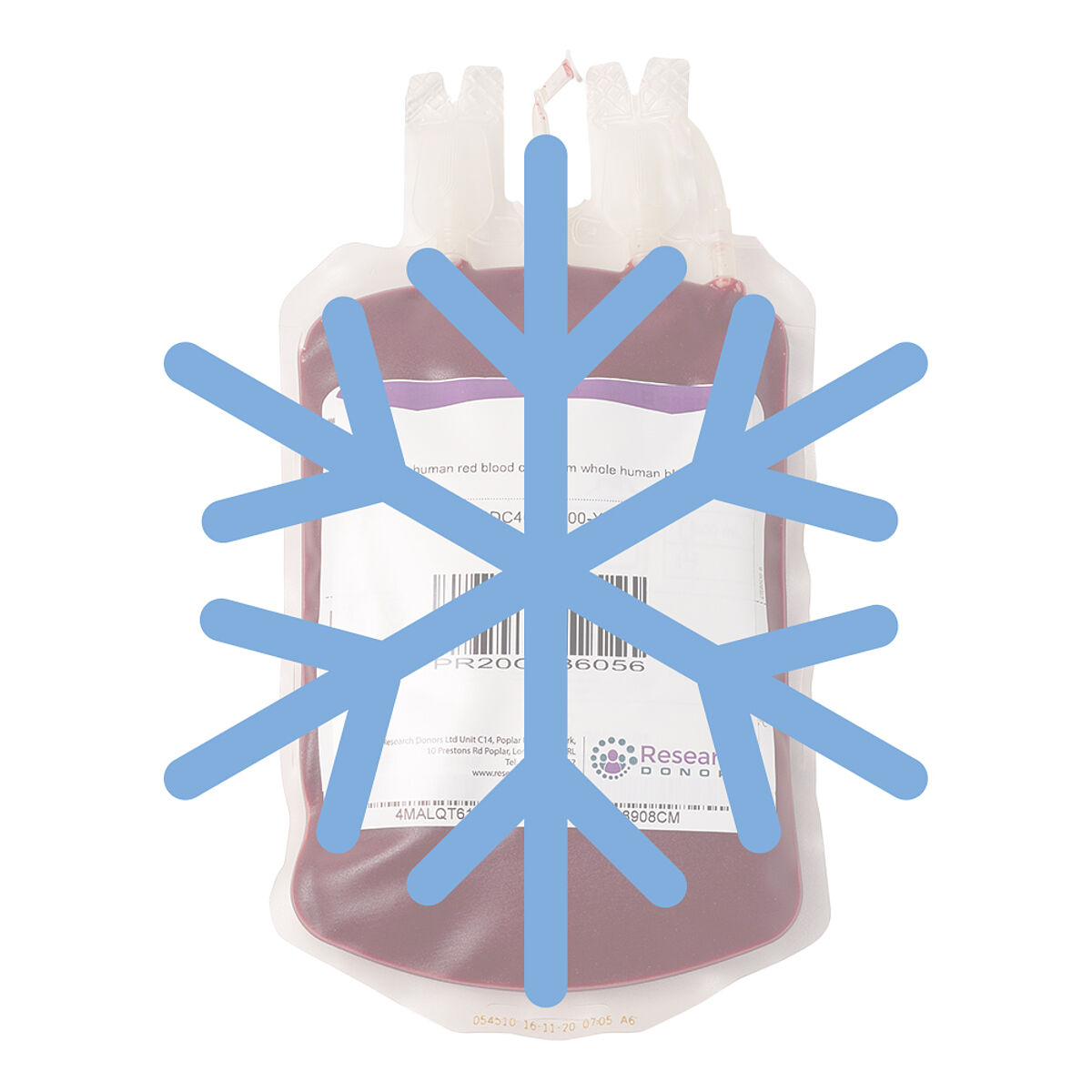Frozen specimens on stock - Next business day delivery
Research Donors' frozen biospecimens are well preserved and stored without compromising their quality. Advantages of using frozen biospecimens include long-term storage, reduced variability, and the ability to conduct experiments at a convenient time.
Search the catalogue and use the extensive filter options to find your specifc specimen:

Frozen biological samples, which include Peripheral Blood Mononuclear Cells (PBMCs), plasma, serum, Leukopaks, and isolated cells, are a cornerstone of medical research, diagnostic testing, and therapeutic development. These specimens are meticulously collected, processed, and cryopreserved, offering a wealth of advantages for a multitude of applications.
Advantages of Using Frozen Biospecimens:
Long-Term Storage: One of the primary advantages of frozen biospecimens is their extended shelf life. These specimens can be cryopreserved and stored at ultra-low temperatures, typically below -150°C, for years or even decades. This longevity makes them an invaluable resource for longitudinal and multi-center studies, where consistency and continuity of samples are essential.
Sample Preservation: Cryopreservation effectively halts cellular activity and degradation processes, preserving the integrity of biological molecules within the specimen. This ensures that the samples remain representative of the original state, even after prolonged storage.
Flexible Usage: Frozen biospecimens offer flexibility in research and clinical applications. Researchers can thaw and utilize these samples as needed, reducing the pressure of immediate analysis. This adaptability is especially beneficial for projects with varying timelines or those involving multiple collaborators or sites.
Diverse Applications: Frozen biospecimens are employed in a multitude of research areas, including cancer research, genetic studies, immunology, regenerative medicine, and infectious disease research. They serve as a valuable resource for developing diagnostic tests, treatments, and therapies.
Biobanking: Biobanks store large collections of frozen biospecimens for various purposes, including future research, epidemiological studies, and clinical trials. These repositories facilitate the availability of standardized, well-characterized samples for scientists and clinicians.
